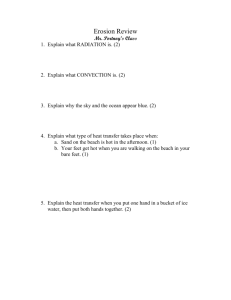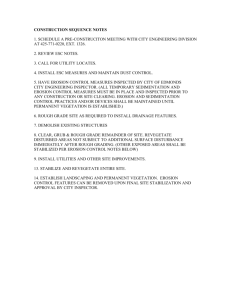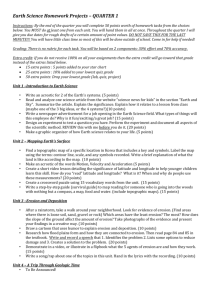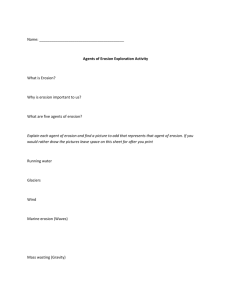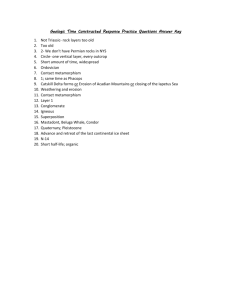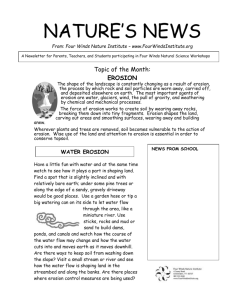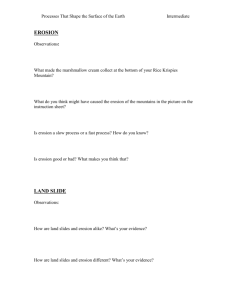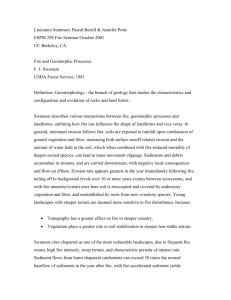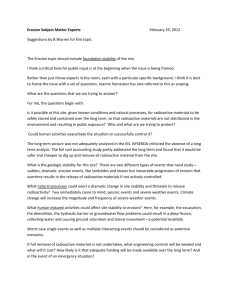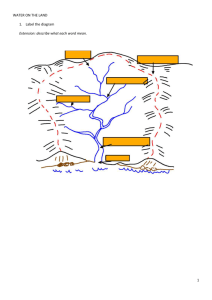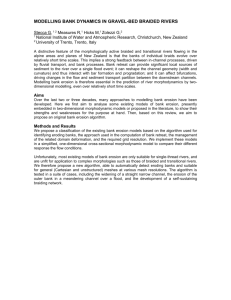Vignette
advertisement
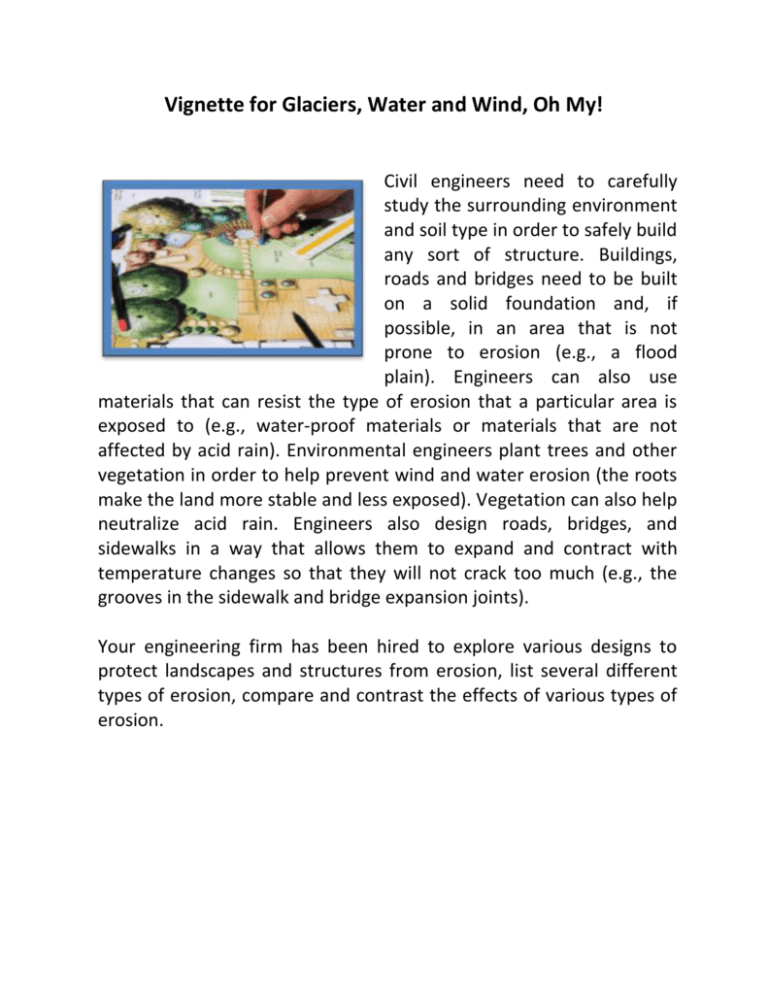
Vignette for Glaciers, Water and Wind, Oh My! Civil engineers need to carefully study the surrounding environment and soil type in order to safely build any sort of structure. Buildings, roads and bridges need to be built on a solid foundation and, if possible, in an area that is not prone to erosion (e.g., a flood plain). Engineers can also use materials that can resist the type of erosion that a particular area is exposed to (e.g., water-proof materials or materials that are not affected by acid rain). Environmental engineers plant trees and other vegetation in order to help prevent wind and water erosion (the roots make the land more stable and less exposed). Vegetation can also help neutralize acid rain. Engineers also design roads, bridges, and sidewalks in a way that allows them to expand and contract with temperature changes so that they will not crack too much (e.g., the grooves in the sidewalk and bridge expansion joints). Your engineering firm has been hired to explore various designs to protect landscapes and structures from erosion, list several different types of erosion, compare and contrast the effects of various types of erosion.
